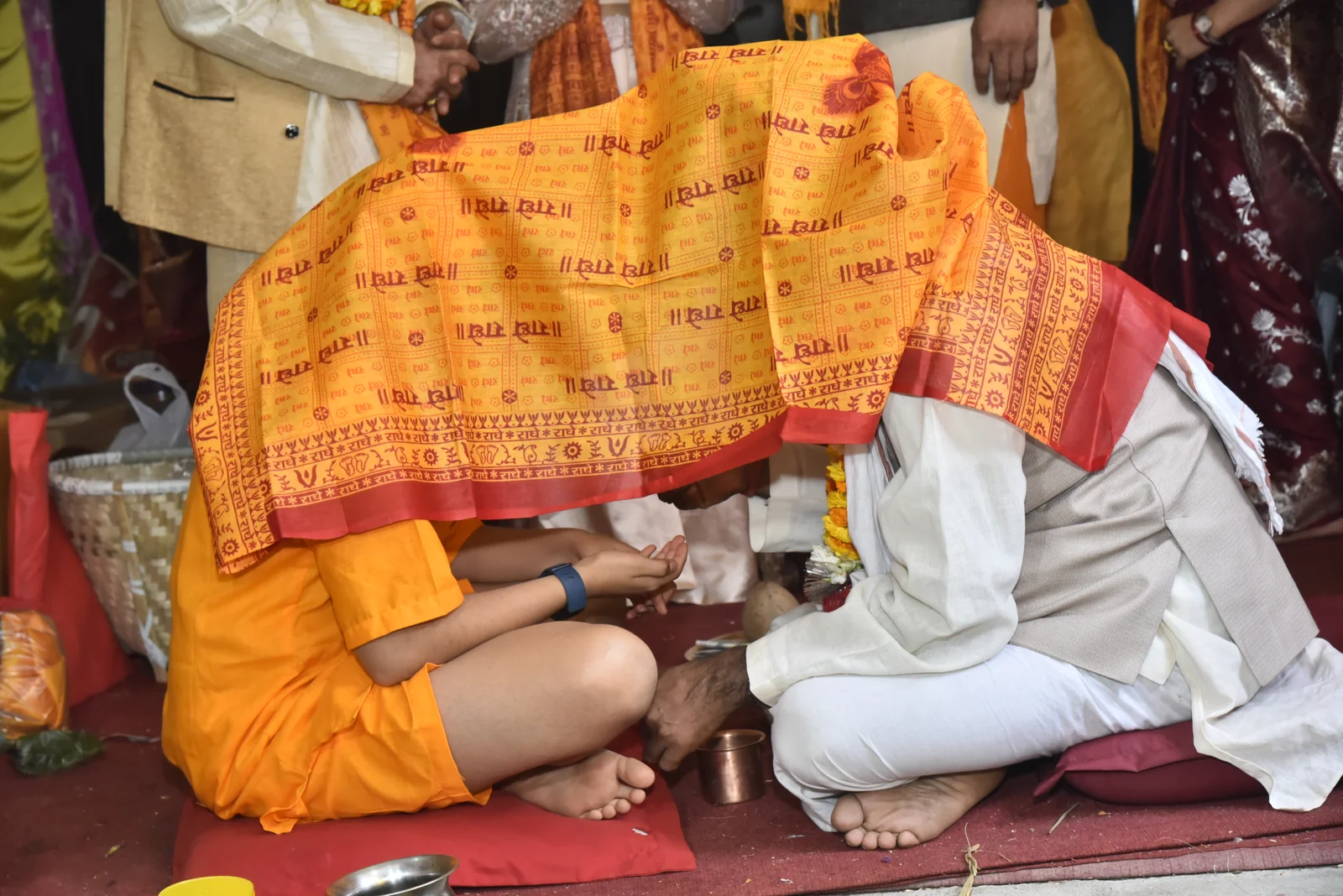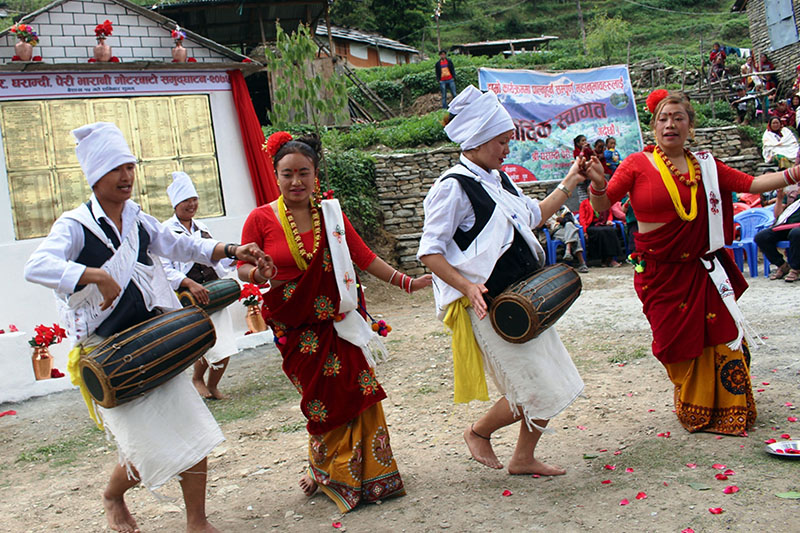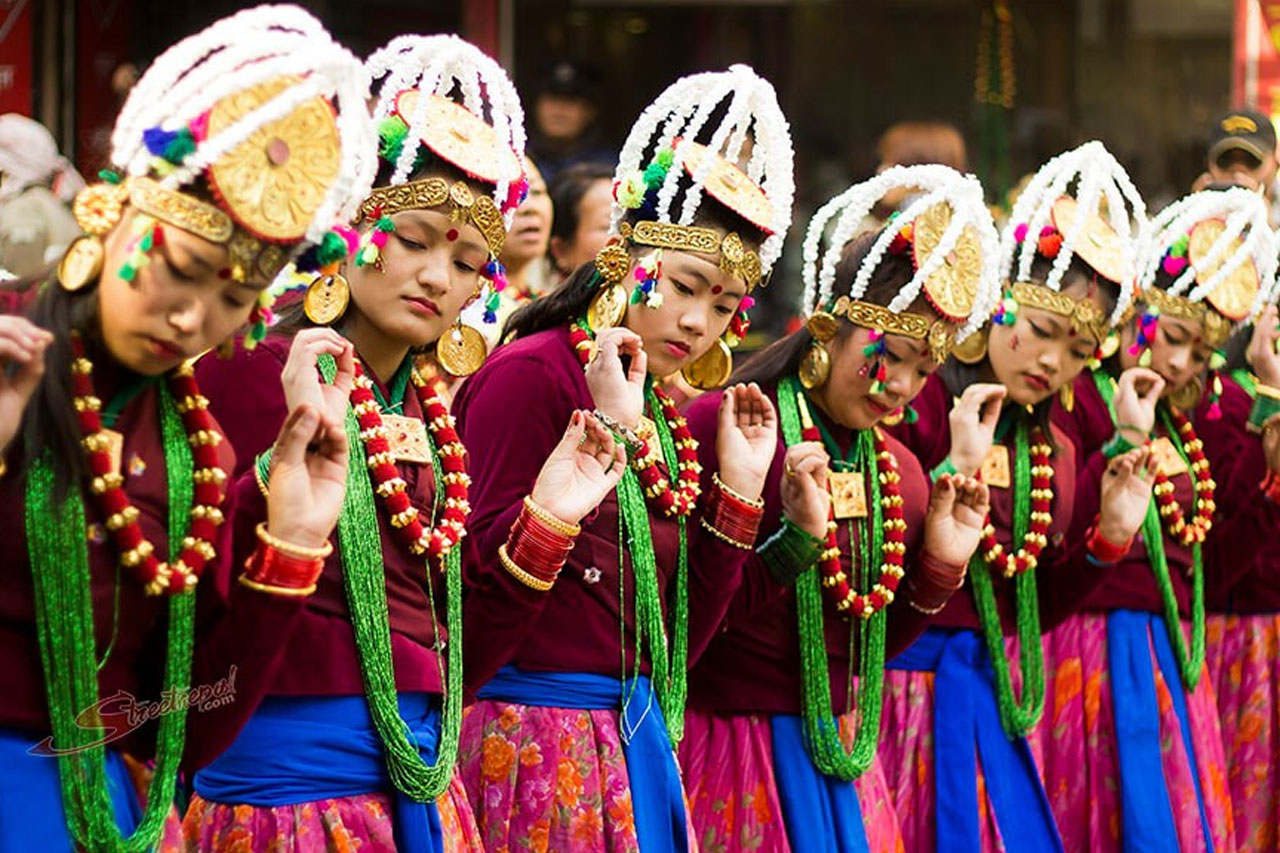Share this Article
In Nepal, the practice of sending Supari (betel nut) as an invitation to significant life events is a long-standing tradition. This symbolic gesture transcends just being a simple invitation; it carries deeper connotations of respect, formality, and community connection. Among various castes and ethnic groups in Nepal, the act of sending Supari to invite people to occasions such as weddings, religious ceremonies, and festivals reflects the importance of social and familial bonds. This article delves into the cultural significance of Supari and how it continues to serve as a meaningful way of inviting guests to key events.
What is Supari?
Supari, or betel nut, comes from the areca palm tree and has symbolic importance in many South Asian cultures, including Nepal. It holds cultural, spiritual, and ritual value in various ceremonies and has a central role in the invitation process for important events. When used as an invitation, Supari symbolizes respect, commitment, and inclusion, and is often paired with other meaningful items to enhance its significance.
Symbolism of Supari in Invitations
Sending Supari as part of an invitation has deep cultural roots in Nepal. It signifies more than a formal request for attendance—it carries the message of honor and inclusion. When a family sends Supari to friends, relatives, or community members, they are extending a gesture of respect and appreciation. The recipient understands that their presence is not only requested but valued.
The sending of Supari symbolizes:
- Respect: It is a mark of esteem for the invitee, showing that the host holds them in high regard.
- Commitment: The act of delivering Supari signifies the host's sincere desire for the invitee to attend, making it more personal than a simple written invitation.
- Social Connection: In a communal society like Nepal’s, sending Supari reaffirms the bonds that connect families, friends, and communities.
The Tradition of Sending Supari
The practice of sending Supari is ceremonial in itself. Typically, Supari is accompanied by other sacred or symbolic items such as Akshata (a mixture of rice grains and red tika powder), coins, and sometimes a piece of cloth. These items are often wrapped in a decorative cloth or presented in ornate containers, making the invitation a formal and respectful gesture.
Traditionally, the Supari invitation is delivered in person. A family member or close representative, often a respected elder, personally takes the Supari to the homes of the invitees. The personal delivery adds to the formality and ensures that the invitation is received with the appropriate level of respect.
Occasions for Sending Supari
Supari is sent for a wide range of important life events in Nepalese culture. Some of the key occasions include:
- Weddings: For weddings, sending Supari is one of the most important and symbolic parts of the invitation process. It signals that the family holds the guest's presence in high regard for this life-changing event.
- Pasni (Rice Feeding Ceremony): When a child is ready for their first solid food, families send Supari as an invitation to celebrate this special milestone.
- Bratabandha: Supari is sent to invite family and friends to the Bratabandha, the sacred thread ceremony for boys.
- Festivals and Religious Ceremonies: During major festivals like Dashain and Tihar or important religious ceremonies, Supari is sent as a traditional invitation to join the celebrations.
- Birth and Death Ceremonies: Whether it's celebrating a birth or conducting a death ceremony, Supari is used to invite close relatives and friends to these significant life events.
Cultural Etiquette Surrounding Supari Invitations
The exchange of Supari carries social obligations and cultural responsibilities. Accepting Supari is akin to accepting the invitation, and it is considered inappropriate or disrespectful to decline without a valid reason. When someone receives Supari, they are expected to attend the event and participate fully, as it is a way of reaffirming social bonds and maintaining relationships.
For the hosts, the act of sending Supari is also a gesture of hospitality and goodwill. They want their guests to feel valued and respected, and sending Supari in person enhances the significance of the invitation.
Modern Adaptations of the Tradition
Though the tradition of sending Supari remains a strong aspect of Nepalese culture, modern methods have begun to influence how invitations are extended. Printed invitation cards are often sent alongside Supari, and digital invitations are becoming more common as families live further apart or are more technologically connected.
However, even when using modern invitation methods, many families still send Supari as a symbolic gesture of respect and formality. It is not uncommon to see families combining traditional and modern methods—sending a digital invite but following it up with a Supari invitation when possible.
The Cultural and Social Importance of Supari
Sending Supari remains an integral part of Nepalese culture, representing much more than just a formal invitation. It is a way to honor the recipient, create connections, and maintain the social fabric that binds families and communities together. Even with the evolution of technology, the act of sending Supari continues to play a key role in important ceremonies, ensuring that cultural traditions remain alive and meaningful in modern times.
Categories:
Culture & Traditions
,
Lifestyle & Local Life
Tags:
tradition







